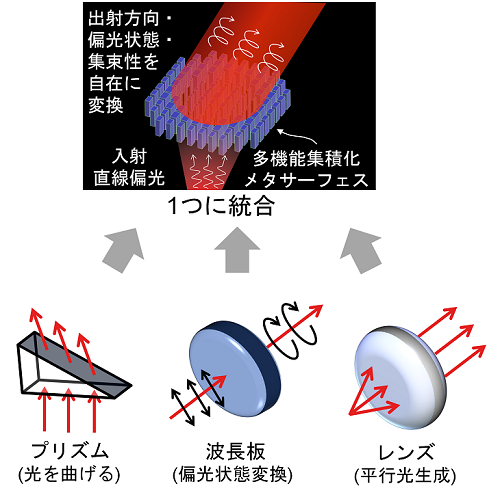2024-07-29 カーディフ大学
<関連情報>
- https://www.cardiff.ac.uk/news/view/2830233-complex-life-on-earth-began-around-1.5-billion-years-earlier-than-previously-thought,-new-study-claims
- https://www.sciencedirect.com/science/article/abs/pii/S0301926824001669
熱水による海水の富栄養化が、2100 Maの古生代Francevillian亜海盆における局所的なマクロ生物学的実験の引き金になった Hydrothermal seawater eutrophication triggered local macrobiological experimentation in the 2100 Ma Paleoproterozoic Francevillian sub-basin
Ernest Chi Fru, Jérémie Aubineau, Olabode Bankole, Mohamed Ghnahalla, Landry Soh Tamehe, Abderrazak El Albani
Precambrian Research Available online 31 May 2024
DOI:https://doi.org/10.1016/j.precamres.2024.107453
Graphical abstract

Highlights
- Paleoproterozoic seawater nutrient enrichment linked to hydrothermal weathering of a seafloor nutrient-rich reservoir.
- Nutrient enrichment triggered the onset of negative δ13C excursion in organic carbon in the Francevillian sub-basin.
- Nutrient enrichment initiated localized emergence of large colonial macrofossils in the Franceville sub-basin.
Abstract
It is thought that the global predominance of small-size unicellular prokaryotic life in the oceans until the emergence of large-size multicellular organisms to ecological dominance in the Ediacaran Ocean after 635 million years ago (Ma), was partly constrained by paleo-dynamic nutrient limitation, with phosphorus (P) being the principal limiting resource. Here we couple an episode of intense submarine hydrothermal alteration of a nutrient-rich seafloor reservoir to the collision of the Congo-São Francisco cratons at ∼2100 Ma, to unravel a paleo-geodynamic incident of seawater P enrichment in the Paleoproterozoic Francevillian sub-basin. We propose that this previously unrecognized local pulse in dissolved seawater P concentration, of comparable magnitude to Ediacaran seawater levels, set the stage for Earth’s earliest biospheric experimentation towards macrobiological complexity ∼2100 million years ago.



